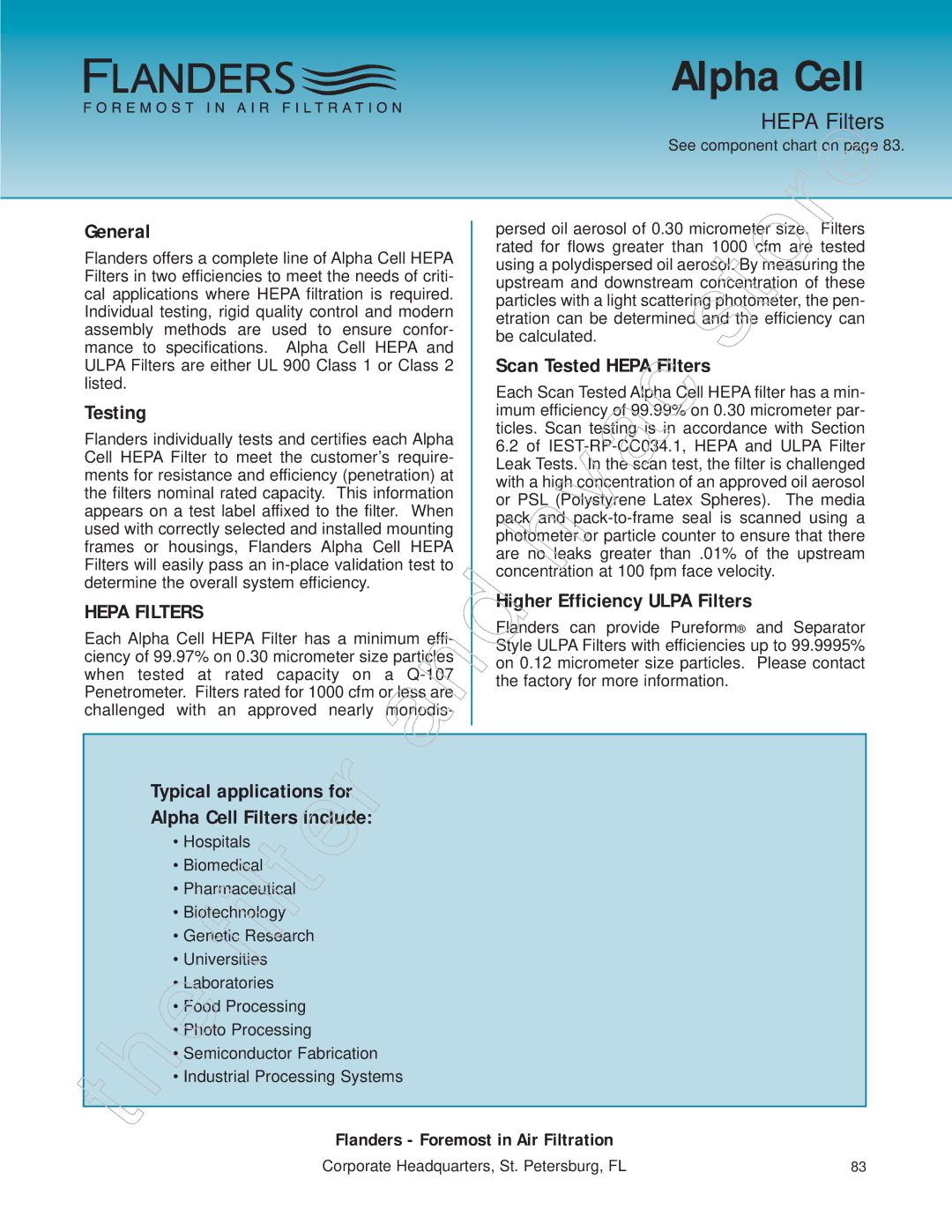11255 specifications
The Honeywell 11255 is a versatile and innovative model that stands out in the world of industrial automation and control systems. Designed to enhance productivity and streamline operations, this product combines advanced features with cutting-edge technology, making it an essential tool for various applications.One of the primary characteristics of the Honeywell 11255 is its robust architecture, which supports a wide range of operational environments. Built to withstand harsh conditions, the device is engineered with durable materials that ensure longevity and reliability. This resilience is paired with an intuitive user interface that simplifies interactions, allowing users to access and control its features effortlessly.
The 11255 is equipped with powerful processing capabilities that facilitate real-time data processing and analytics. This feature enhances decision-making by providing operators with timely and accurate information about system performance. Additionally, the model supports various communication protocols, enabling seamless integration with existing systems and devices. This interoperability is crucial for enhancing operational efficiency and ensuring that various components within a system can work harmoniously together.
Another standout feature of the Honeywell 11255 is its advanced sensor technology. The model incorporates high-precision sensors that monitor critical parameters, ensuring optimal performance and safety. This capability is particularly beneficial in environments where precision is paramount, such as in manufacturing and chemical processing. The sensors contribute to proactive maintenance by detecting potential issues before they escalate, thus minimizing downtime and optimizing productivity.
The Honeywell 11255 also places a strong emphasis on energy efficiency. With increasing focus on sustainability and reducing operational costs, this model is designed to consume less power while maintaining high performance levels. This energy-conscious approach not only lowers operational expenses but also aligns with modern environmental standards.
In summary, the Honeywell 11255 is distinguished by its robustness, processing power, advanced sensor technology, and energy efficiency. These features, combined, make it an excellent choice for industries seeking to enhance their automation processes and drive operational improvements. Whether in traditional manufacturing settings or more complex industrial environments, the Honeywell 11255 offers a reliable and effective solution for modern automation challenges. Its integration of technological advancements positions it as a valuable asset for operators and managers alike.

